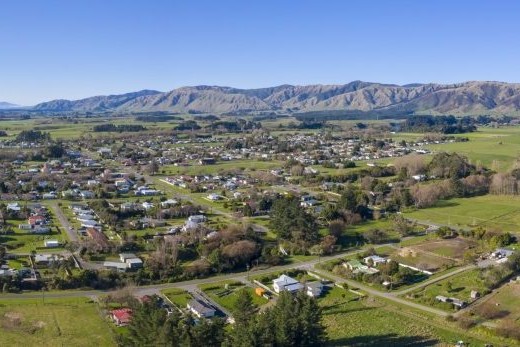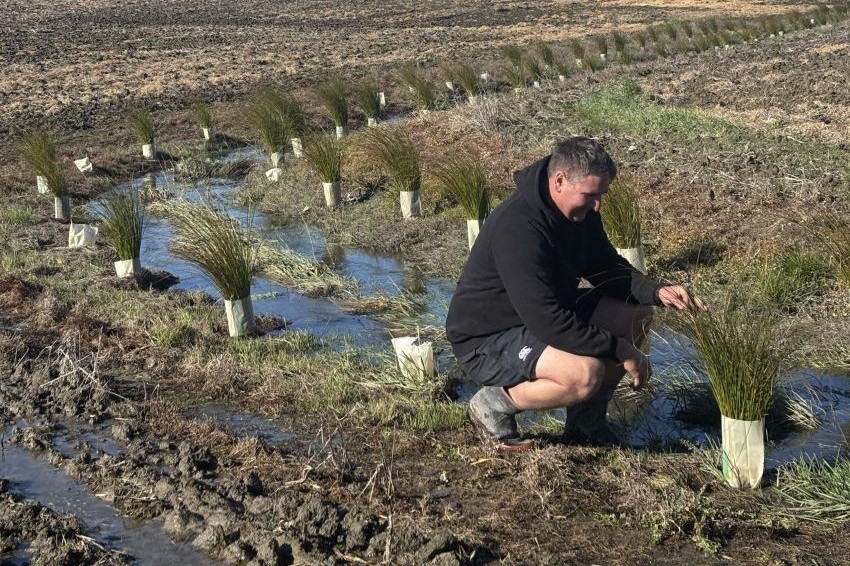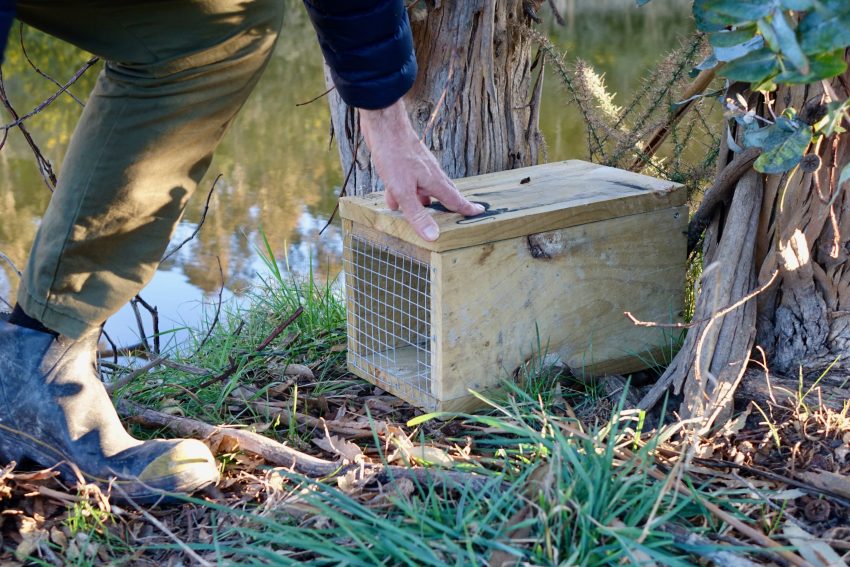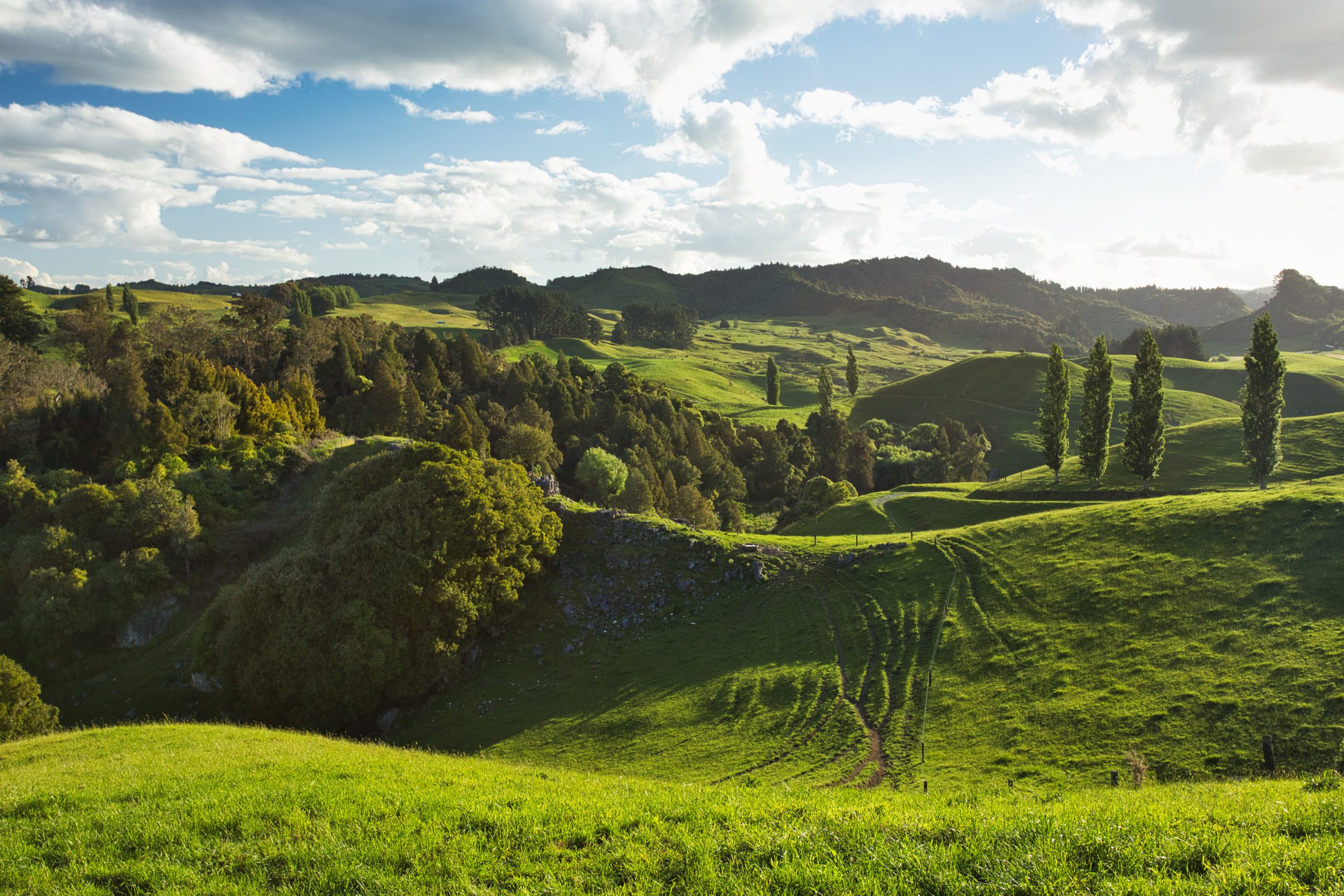Environmental manager Ray Macleod questions the validity of carbon trading to offset the effects of pollution.
Carbon trading is a pollution tax and that is dumb. Having been involved with a company that consumed large amounts of fossil fuel, one that thought long and hard about using carbon credits to offset the environmental footprint, left me with firm thoughts on best practice. It invested in design innovation and technology.
Fuel burn dropped 40% per unit of output, in-service reliability and safety improved, jobs were created, profitability improved, and the primary objective, improved environmental outcomes, emerged. The lesson was investing in improved performance sure beat buying carbon credits.
Will growing trees erase the guilt complex around being a successful economy that needs to address its environmental record?
Is transferring capital from traditional farming activities, historically core business fare, to forestry the answer?
Is buying carbon credits on Sunday and putting some money in the plate so we can commit environmental sin Monday through to Saturday clever?
Is funding environmental missionary projects in third world economies that may simply deliver super margins for local participants smart?
Will carbon trading, such as employed by Czech energy operator CEZ using profits from emission credits issued in Europe to build a coal fired power station in Bosnia, not part of the European emission scheme, (Radio Praha December 2006) become commonplace?
Will subsidised forest planting attract farmers from traditional farming activities in sufficient numbers to save the planet? Will it save the planet? Is forestry environmentally benign, as some claim?
It seems monocultures (forestry) are not good for native biodiversity, can have lasting and damaging impacts on instream biodiversity and huge wilding spread risks.
The claimed economic externalities, made by the New Zealand Institute of Economic Research in the Plantation Forestry Statistics (March 2017) report, are flimsy.
When was it a newly planted plantation was removed from a Southland pastoral lease due to outrage and concerns expressed by environmental lobbyists about wilding spread?
Afforestation is capable of generating huge external costs on neighbouring landscape and instream values and rural profitability. It is heavily reliant upon fossil fuels, roading and extensively modified landscapes.
There are commodity price risks both for the trees and carbon prices. Government has bailed out of subsidy schemes in the past that failed to deliver intended results. Most fail to account for rational economic behaviour to maximise subsidy income, not environmental benefit.
It appears NZ can discharge environmental and social debt by supporting third world projects but why burden industries to subsidise a project in a third world environment with poor regulatory standards? Think coal and Malaysia. Let’s encourage adoption of technology and innovation in our own economy?
MfE signalling carbon unit prices of $50 to $300/tonne (NZEIR: Plantation Forestry Statistics March 2017) sends dangerous investment signals to intending forest owners.
Investment signalling from Government, no matter how well intended, isn’t useful.
Dairy farmers are in growing numbers investing in technology and innovation to improve resource use and environmental outcomes. Let plantation monocultures stand up on their own merits, without political interference.
Farmers should buy into forestry for economic and by association environmental performance. Why introduce punitive tax regimes to strip capital out of successful food production sectors when it may be better retained in situ to improve performance? Analysts estimate as much as 70% of forestry in NZ is foreign-owned, (Reuters report March 7, 2018: “New Zealand to increase screening of foreign investments in forestry sector”). Will that mean carbon credits head overseas to countries not aligned to our objectives and not always in related carbon trading schemes? Should we support initiatives that need to suppress rational economic behaviour to be effective?
Sound agricultural performance is important. Silviculture and horticulture are part of that but are not environmental silver bullets and can be environmentally devasting. They do not receive the same environmental scrutiny as sheep, beef and dairy, so control is loose.
NZIER claims about environmental benefits of forestry remain largely unsubstantiated. Land use change to forestry or horticulture is not an environmental cure-all. Diverting valuable capital to third world economies for environmental gain is questionable. The political, cultural and social challenges of such investment destinations are risky, as is investing on the back of political promises and subsidies. Forestry may benefit from a cheap supply of cash, but will it save the planet?
- Ray Macleod is general manager of Dunedin-based environmental management company Landward Management.




